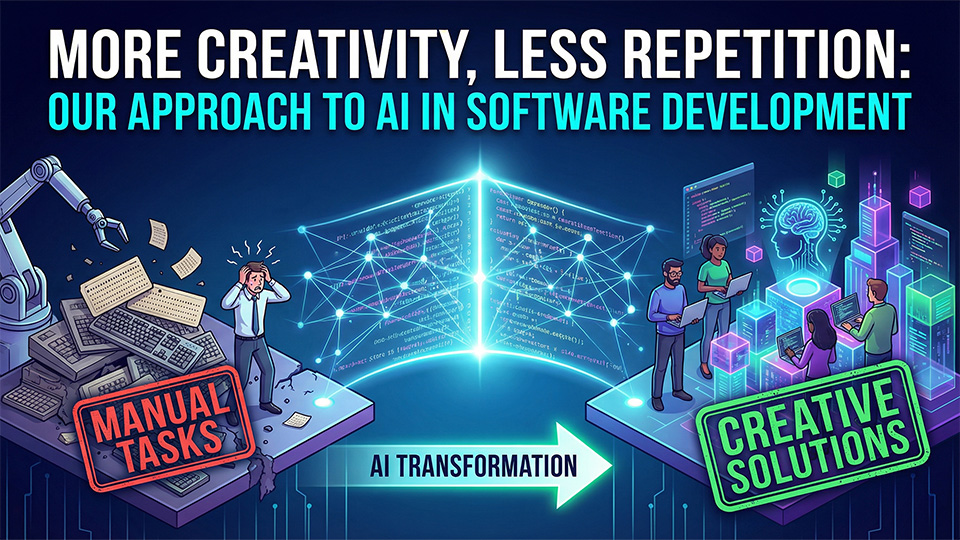March 16, 2023
What is the Role of Product Owners in the Digital Industry?
In the world of the digital industry, the Product Owner (P.O) plays a crucial role in ensuring the success of a project. Product owners are responsible for driving product development forward, making key decisions about what to build, how to prioritize features, and how to deliver value to customers. In this blog post, we will explore the role of Product Owners in the digital industry and the skills they need to succeed.
What is a Product Owner?
A Product Owner is a key member of the development team who represents the voice of the customer and is responsible for maximizing the value of the product. They work closely with the development team, stakeholders, and customers to define the product vision, prioritize features, and make sure that the product meets the needs of the end users.
The Role of Product Owners
Defining the Product Vision: Product Owners are responsible for defining and communicating the vision to the team. They must deeply understand the market, customer needs, and the product's competitive landscape to create a compelling vision that aligns with the company's overall goals.
Prioritizing Features: Product Owners must work closely with the development team to identify and prioritize features that will deliver the most value to customers. They must be able to balance the needs of the customer with technical constraints, timelines, and budget constraints.
Managing the Product Backlog: The product backlog is a list of features that need to be developed. Product Owners are responsible for maintaining and prioritizing the backlog. They must ensure that the backlog is up-to-date and reflects the latest priorities and changes in the market.
Making Decisions: Product Owners are responsible for making key decisions about the product. They must be able to weigh the pros and cons of different options and make decisions that are in the best interest of the product and the company.
Communicating with Stakeholders: Product Owners must be able to communicate effectively with stakeholders, including customers, development teams, and executives. They must be able to explain the product vision, the roadmap, and the de.
Skills of a Product Owner
To be successful as a Product Owner, you need a combination of technical and soft skills. Here are some of the skills that are important:
Technical Skills: Product Owners must have a good understanding of the technology and the industry they are working in. They must be able to work closely with the development team and understand technical constraints and opportunities.
Communication Skills: Product Owners must be able to communicate effectively with different stakeholders. They must be able to explain complex technical concepts in simple terms and be able to listen to feedback from the development team and customers.
Leadership Skills: Product Owners must be able to lead the development team and make difficult decisions. They must be able to inspire and motivate the team and create a positive working environment.
Analytical Skills: Product Owners must be able to analyze data and market trends to make informed decisions. They must be able to identify patterns and trends and use this information to make decisions that will deliver the most value to customers.
Conclusion
Product Owners play a critical role in the digital industry. They are responsible for defining the product vision, prioritizing features, and ensuring that the product meets the needs of the end-users. To be successful as a Product Owner, you need a combination of technical and soft skills. You must be able to communicate effectively, lead the development team, and make data-driven decisions. By mastering these skills, you can help drive the success of your organization.
Hire an Outsourced Product Owner with Dirox!






























.svg)













